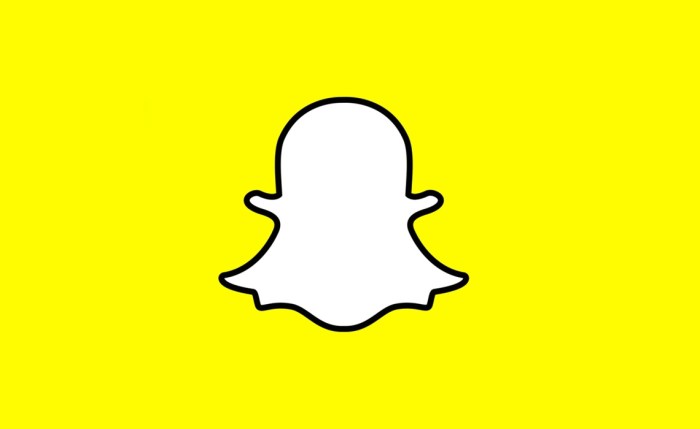
Snapchat has had a torrid year so far. If one were to look at the company purely within the paradigm of its financial fundamentals there is a lot to be concerned about. There is also the risk that the company runs out of money and ceases to be a going concern. One cannot rule out this likely outcome. It’s current share price certainly reflects the very bearish sentiment many have towards the company. At one point the share price recently went below $6 a share. When the company went public last year, the initial public offering price was at $17 a share. Back then the sentiment of the general public towards the company was different. There was such a frenzy around the IPO at the time that the price duly rocketed above $25 a share. Since the beginning of this year though the share price has been on a downward trajectory.
It has been the victim of a number of mishaps such as an unpopular app redesign, key influencers leaving the platform, and even, since quite recently, the number of total users slowly dropping. One of the most damaging things to happen to the company though was Instagram copying it’s key ‘Stories’ feature.
The Facebook Group is an enormous global digital media juggernaut consisting of the Facebook platform, Instagram and WhatsApp as its primary platforms. Snap is a mere minion by comparison. This is a true battle between David and Goliath. Snapchat owns just a sling and a stone whereas the Facebook Empire has Kalashnikovs, WOMDs and other state of the art weapons. On the face of it, Snap doesn’t stand a chance. Or does it?
One thing that does stand out about Snap is that it is designed and created in such a way to be the communication platform of the future. For ten years, smartphones have come to dominate our lives and they still do. But what is the next step? I am tempted to go in the direction of Smart Glasses and Augmented Reality. Google tested the waters with this earlier this decade with their Google Glass product, but it was too ahead of its time and people weren’t ready for it. The biggest misconception about Snapchat is that it is a social media company. It is not. It is a camera app.
Both Facebook and Instagram are designed in a way that is made for the smartphone. Of course people share photos and videos, but they also share written text and messages. The other social media platform Twitter, is purely text-based and relies on the keyboard on your smartphone. Snapchat, on the other hand, is made in a way that can bypass the keyboard and the smartphone. It’s Snapchat Spectacles product enables one to record videos completely bypassing the smartphone. It already has lenses that react to sounds yet earlier in August it launched lenses with speech recognition capabilities. Snapchat is often ridiculed in the media as a platform that is ‘frivolous’ (and Facebook isn’t?) and only used by fickle people. Yet when it comes to technological innovation, it is ahead of Facebook and with far less leverage at its disposal. It would be deliciously ironic if the people who are ridiculing Snapchat today begin to adopt it like everyone else in the event of a massive turnaround in the company’s fortunes. Consensus views can always radically change.
Snapchat may currently be down in the dumps on the surface, yet there is a lot going on behind the scenes that we are not privy to. You can write off Snapchat all you want today, but don’t be surprise in the event that you find yourself with a different point of view a few years from now.
By Nicholas Peart
(c)All Rights Reserved


